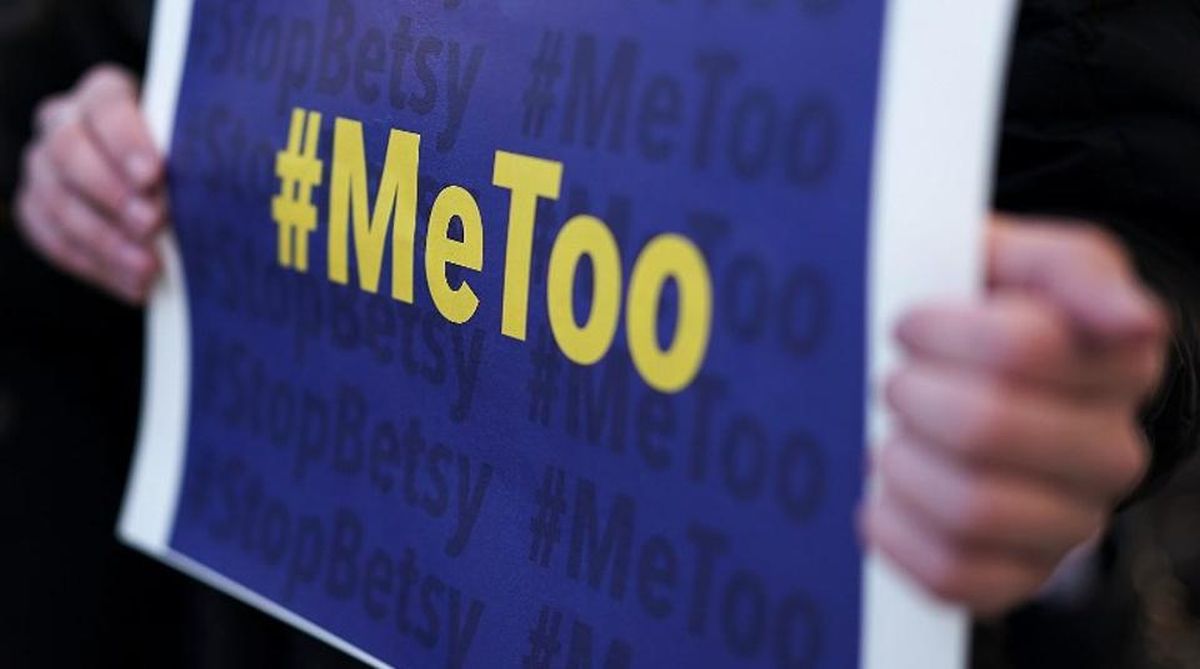Tamil Nadu under the AIADMK has a history of intimidating the press by filing defamation cases at the drop of a hat. Since none of the cases stood the test of the courts, the government of Eddapady Palaniswamy resorted to Section 124 of the IPC to arrest RR Gopal, editor of the popular Tamil bi-weekly Nakkeeran on a Raj Bhavan complaint submitted to the Chennai Police Commissioner on 6 October for publishing allegedly defamatory reports more than six months ago.
The complaint alleged those reports insinuated that the Governor and senior Raj Bhavan officials had links with Nirmala Devi, a Madurai Kamaraj University assistant professor who was arrested in April last on charges of trafficking in college girls. T Sengottaiyan, deputy secretary to the Governor, sought invocation of Section 124 of the IPC against Gopal and 31 members of the editorial team of Nakkeeran and three distributors of the publication.
Advertisement
The reports amounted to “an expression of intention of inducing or compelling His Excellency the Governor of Tamil Nadu to refrain from exercising his lawful power as Governor.” Gopal was arrested by the police minutes before he was to board a flight to Pune and produced before S Gopinathan, a Metropolitan Magistrate, Egmore, for remand.
As the Governor has been able to exercise his lawful power without let or hindrance in spite of the impugned reports in Nakkeeran the magistrate was at a loss to remand Gopal in custody. Contrary to Raj Bhavan expectations, the editor was set free.
Section 124 IPC deals with physical violence against the President of India and Governors of the States in the Indian Union. “Assaulting President, Governor, etc, with intent to compel or restrain the exercise of any lawful power. Whoever, with the intention of including or compelling the President of India or the Governor of any State to exercise or refrain from exercising in any manner any of the lawful powers of such President or Governor, assaults or wrongfully restrains, or attempts to wrongfully restrain, or overawes, by means of criminal force or the show of criminal force, or attempts to overawe such President or Governor, shall be punished with imprisonment of either description for a term which may extend to seven years, and shall also be liable to fine,” Section 124 says.
Neither Gopal nor any of his staff or distributors indulged in any such activity. An assault on the Governor has two aspects: use of force or preventing him from discharging his duties. The complaint does not say how the Governor’s duties were affected by the Nakkeeran reports. Section 124 IPC was totally irrelevant in the present case.
Allowing the arrest under this section would have set a dangerous precedent and imposed uncalled for restrictions on the media. There is no known record of invocation of Section 124 since independence. It is the time the President of India intervenes to let the Governor know the limits of his authority.









